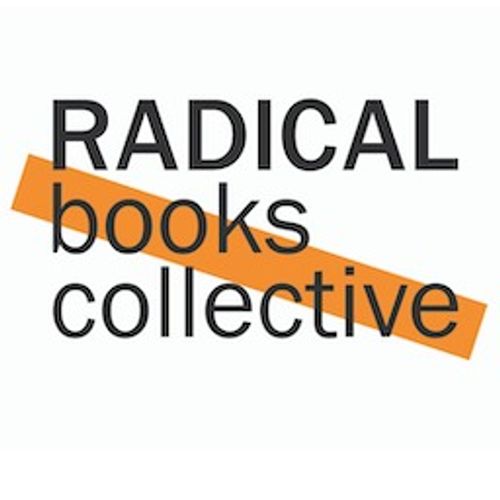Will Everyone Have Always Been Against This? Featuring Omar El Akkad
On October 25th, 2023, writer Omar El Akkad wrote a tweet about Palestine: “One day, when it's safe, when there's no personal downside to calling a thing what it is, when it's too late to hold anyone accountable, everyone will have always been against this.” The narratives about victims and victimizers were already so disproportionate, and the institutional silences so loud given the brutality we were plainly seeing, that El Akkad’s words immediately clicked.
The tweet went viral. It also became the title of El Akkad’s literary memoir that emerged out of his rage, shock and despair at the lack of public outcry against the live-streamed genocide of Palestinians.
"Will everyone have always been against this?" I ask El Akkad. It has now been two years. The slaughter continues. It is literally nonstop. Even the notion that somehow, someday, the world will take a substantive stand against this feels optimistic, even arcane. Shouldn’t the tide have turned by now?
El Akkad admits that the pace of change is at once glacial and agonizing, adding that he has a tendency for comprehending “pattern recognition.” When it comes to Palestine, he considers the time frames that have accompanied "other acts of colonial theft," and notes that "in some of those cases, we're talking about hundreds of years.”
We attempt to unpack the cynical wisdom has always been lodged in the middle part of El Akkad’s long sentence; the part which speaks to accountability, complicity, the safety of silence, and the act of naming, the “calling a thing what it is.”
El Akkad’s memoir was one of the first mainstream publications to engage with the horror unfolding in Palestine in a resounding way. It offers a map, and even more importantly, a language to grapple with the utter moral failure of a world that just will not stop a genocide.
The book alternates between recounting his family’s movement from Egypt to Qatar to Canada and tracking what was happening in Palestine from October 2023 onwards in the form of lyrical vignettes. At the core of this book is the story of El Akkad’s loss of faith in Western liberalism - an almost imperceptible yet powerful ideology that the West is a world governed by laws, rights, democracy, freedom of speech, all that good stuff. All of Western culture and Western institutions are invested in holding up this narrative, and El Akkad admits that he spent much of his life believing in these ideals and even chasing them. “Until the slaughter,” he writes.
“Even my superhuman capacity to compartmentalize has fallen apart over the last two years. There is a level of direct hypocrisy and there's a level of intimacy and immediacy to the violence and to the slaughter and to what is an ongoing genocide that essentially destroys that capacity.”
"Why has the narrative of the good liberal West endured for this long?" I ask.
“These are systems of endless taking," he replies. Systems like colonialism and capitalism are “systems without ceiling.” More importantly, these systems have built up an “immense narrative power that creates conditions where you can simultaneously be the underdog and the empire.” But he warns that this risk-reward mechanism that has undergided these systems is “being blown completely out of the water.” Today, every powerful Western edifice has fallen; from journalism to human rights to international law to education. And this is because eventually, “the snake starts to eat its own tail.”
El Akkad perfectly articulates the existential precipice that the world finds itself on, but he does not see any use for it. It seems futile to expound on the writer’s duty to witness and speak truth to power at a time when institutional silences reign supreme, and those that are in power concoct narratives that justify the indiscriminate killing.
“I've now borne witness to more dead kids than I can count. What the hell good have I done? I'm watching the most inhuman things be done every single day. And maybe I come up with the most profound or beautifully written way to write about it. Who cares? All of the sort of ready-made answers that I've kept in my back pocket that allow me to justify what it means to spend your life telling stories feels so incredibly hollow right now.”
We return to the theme of time. El Akkad says that “in ten, twenty, thirty years time, there's gonna be so many beautifully written novels about all of that horrible stuff that happened way back then. And they're gonna be written by the same people who are saying absolutely nothing right now. And they're gonna win awards and they're gonna be treated with such reverence because it's gonna be safe.” He says that this will be infuriating but he is certain that the maybe book he has written “doesn't do anything at all, but at least it's not that, right?”
Further reading:
One Day, Everyone Will Have Always Been Against This by Omar El Akkad
Hosted by Bhakti Shringarpure.
Produced by Warscapes.
Title Music: "Cottonstorm" by Bayern Boom Beat
Subscribe | Follow www.radicalbookscollective.com


